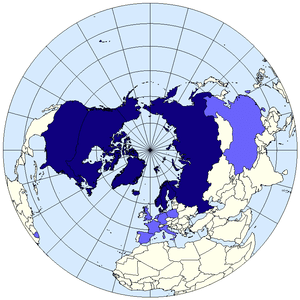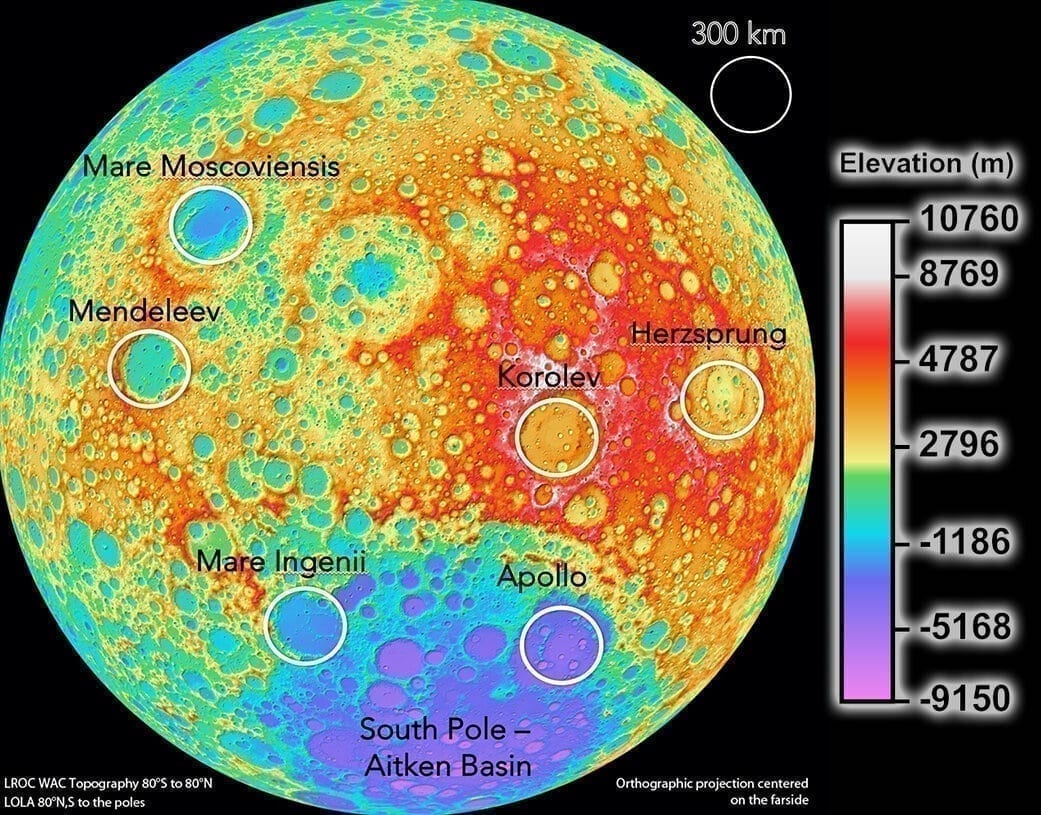With Arctic ice melting at record pace, the world’s superpowers are increasingly jockeying for political influence and economic position in outposts like this one, previously regarded as barren wastelands.
At stake are the Arctic’s abundant supplies of oil, gas and minerals that are, thanks to climate change, becoming newly accessible along with increasingly navigable polar shipping shortcuts. This year, China has become a far more aggressive player in this frigid field, experts say, provoking alarm among Western powers.
While the United States, Russia and several nations of the European Union have Arctic territory, China has none, and as a result, has been deploying its wealth and diplomatic clout to secure toeholds in the region.
“The Arctic has risen rapidly on China’s foreign policy agenda in the past two years,” said Linda Jakobson, East Asia program director at the Lowy Institute for International Policy in Sydney, Australia. So, she said, the Chinese are exploring “how they could get involved.”
In August, China sent its first ship across the Arctic to Europe and it is lobbying intensely for permanent observer status on the Arctic Council, the loose international body of eight Arctic nations that develops policy for the region, arguing that it is a “near Arctic state” and proclaiming that the Arctic is “the inherited wealth of all humankind,” in the words of China’s State Oceanic Administration.
To promote the council bid and improve relations with Arctic nations, its ministers visited Denmark, Sweden and Iceland this summer, offering lucrative trade deals. High-level diplomats have also visited Greenland, where Chinese companies are investing in a developing mining industry, with proposals to import Chinese work crews for construction.
Western nations have been particularly anxious about Chinese overtures to this poor and sparsely populated island, a self-governing state within the Kingdom of Denmark, because the retreat of its ice cap has unveiled coveted mineral deposits, including rare earth metals that are crucial for new technologies like cellphones and military guidance systems. A European Union vice president, Antonio Tajani, rushed here to Greenland’s capital in June, offering hundreds of millions in development aid in exchange for guarantees that Greenland would not give China exclusive access to its rare earth metals, calling his trip “raw mineral diplomacy.”
Greenland is close to North America, and home to the United States Air Force’s northernmost base in Thule. At a conference last month, Thomas R. Nides, deputy secretary of state for management and resources, said the Arctic was becoming “a new frontier in our foreign policy.”









